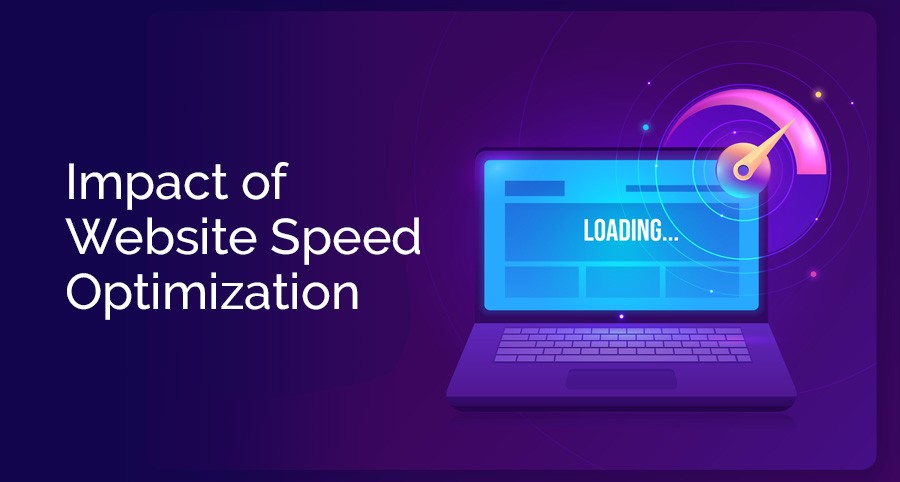
What is Website Speed Optimization?
When you think of page speed, you probably think of “site speed.” Site speed is actually the speed at which a sample of pages loads on a site. Page speed can be described in either “page load time” or “site speed”.Similarly, “time to display” (the duration for your browser to receive the first byte of information from the web server) or “time to first byte” (the length of time it takes your browser to fully display the content on a specific page).
Google’s PageSpeed Insights enables you to find out how fast your page is by incorporating data from CrUX (Chrome User Experience Report) into its Speed Score. The speed score includes two key metrics:
In its algorithm, Google is believed to measure time to first byte (the speed of a page) as one of the signals used to rank pages. Research has indicated that Google might specifically consider time to first byte to rank pages.Slow page speeds also affect indexation, as search engines can crawl fewer pages with their crawl budget, which may negatively impact your ranking. Page speed also has an impact on user experience.
- Compression is enabled
- to minimize CSS, JavaScript, and HTML
- redirected pages
- Disable render-blocking JavaScript
- and take advantage of browser caching
- to speed up server response
- Distribute your content through a content distribution network
- by optimizing your images
- Identify websites that take a long time to load